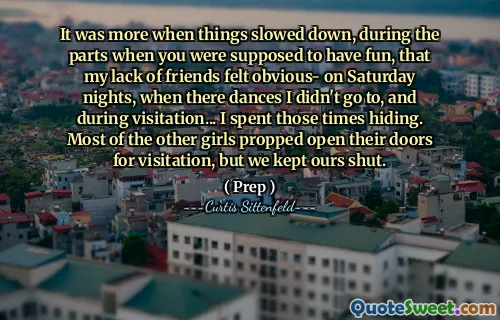It was not really alarming at first, since the change was subtle, but I did notice that my surroundings took on a different tone at certain times: the shadows of nightfall seemed more somber, my mornings were less buoyant, walks in the woods became less zestful, and there was a moment during my working hours in the late afternoon when a kind of panic and anxiety overtook me, just for a few minutes, accompanied by a visceral queasiness.
The narrator reflects on a gradual, unsettling change in their perception of the world around them. Initially, these shifts seem minor and not worrisome, but over time they become more pronounced. The evening shadows grow darker and more foreboding, mornings feel less uplifting, and walks in nature, once invigorating, lose their charm. This transformation evokes a sense of melancholy and unease.
At one point, during the late afternoon, the narrator experiences a brief but intense wave of panic and anxiety, marked by a physical sensation of nausea. This moment highlights the depth of the emotional disturbance the narrator is grappling with, illustrating the struggle against an unseen darkness that affects their daily life.
